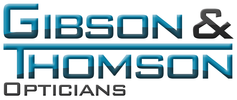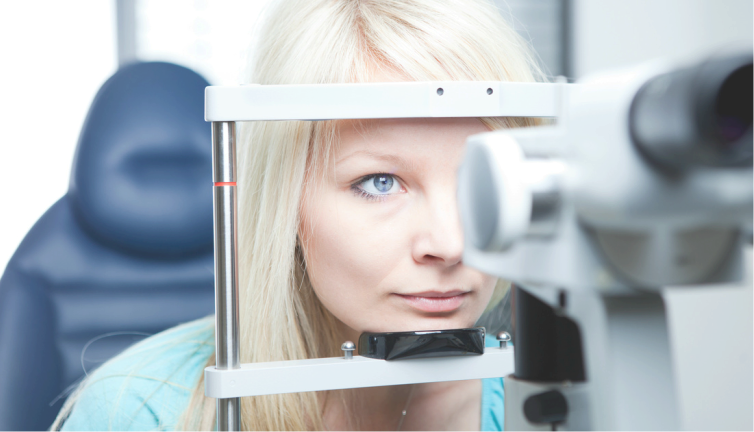Whether you require a sight test paid for by the NHS or you are paying privately, we always give you the best in eye care.
For our private patients we carry out an enhanced eye examination, including all tests necessary including an OCT scan. NHS patients can choose to upgrade to an enhanced examination upon payment of a fee.
An enhanced eye examination allows a more thorough and in-depth assessment of your eye health, involving highly advanced OCT scanning equipment Conditions such as:
Glaucoma
Cataracts
Age-related macular degeneration
Diabetic changes
Blood pressure changes
are easier to detect and monitor using an OCT scan. Our optometrists have many years experience in providing the highest levels of eye care, and you can rest assured that they have your best interests in mind.
What is OCT?
For a more detailed explanation click here, but in brief OCT is similar to an ultrasound scan but uses light rather than sound to look through the layers of the retina. When an optometrist looks inside your eye in a standard examination they can see the surface of the retina, but with an OCT scan we can literally see through the surface into the layers beneath. This tells us so much more and can help prevent loss of vision if problems are spotted early. Enhanced examinations also include retinal photographs, sometimes referred to as fundus photography.
Retinal Photography
This is literally a photograph of the inside of the eye. The retina is the light sensitive layer that lines the back of the eye and allows us to see the world in detail and colour. When an optometrist looks at this in a standard sight test, they shine a light into your eye to see a small area of the retina, and move around to see the central area. A photograph enables the optometrist to see a large area of the retina at a glance, and they can discuss your photograph with you to show you areas of interest.
Both of these scans together provide us with an exact and permanent record of the back of your eye. Building up a set of images over a period of time gives us a clearer view of any changes taking place.
A standard eye examination typically takes around 25 minutes, and if you opt for an enhanced examination you should allow around 45 minutes. If you are undecided about whether you would benefit from an enhanced examination, our optometrists will be able to advise you during your eye test, or you can ask our practice staff for more details before you make your appointment. More information about these services is given on our OCT and Retinal Imaging page.
For our private patients we carry out an enhanced eye examination, including all tests necessary including an OCT scan. NHS patients can choose to upgrade to an enhanced examination upon payment of a fee.
An enhanced eye examination allows a more thorough and in-depth assessment of your eye health, involving highly advanced OCT scanning equipment Conditions such as:
Glaucoma
Cataracts
Age-related macular degeneration
Diabetic changes
Blood pressure changes
are easier to detect and monitor using an OCT scan. Our optometrists have many years experience in providing the highest levels of eye care, and you can rest assured that they have your best interests in mind.
What is OCT?
For a more detailed explanation click here, but in brief OCT is similar to an ultrasound scan but uses light rather than sound to look through the layers of the retina. When an optometrist looks inside your eye in a standard examination they can see the surface of the retina, but with an OCT scan we can literally see through the surface into the layers beneath. This tells us so much more and can help prevent loss of vision if problems are spotted early. Enhanced examinations also include retinal photographs, sometimes referred to as fundus photography.
Retinal Photography
This is literally a photograph of the inside of the eye. The retina is the light sensitive layer that lines the back of the eye and allows us to see the world in detail and colour. When an optometrist looks at this in a standard sight test, they shine a light into your eye to see a small area of the retina, and move around to see the central area. A photograph enables the optometrist to see a large area of the retina at a glance, and they can discuss your photograph with you to show you areas of interest.
Both of these scans together provide us with an exact and permanent record of the back of your eye. Building up a set of images over a period of time gives us a clearer view of any changes taking place.
A standard eye examination typically takes around 25 minutes, and if you opt for an enhanced examination you should allow around 45 minutes. If you are undecided about whether you would benefit from an enhanced examination, our optometrists will be able to advise you during your eye test, or you can ask our practice staff for more details before you make your appointment. More information about these services is given on our OCT and Retinal Imaging page.

